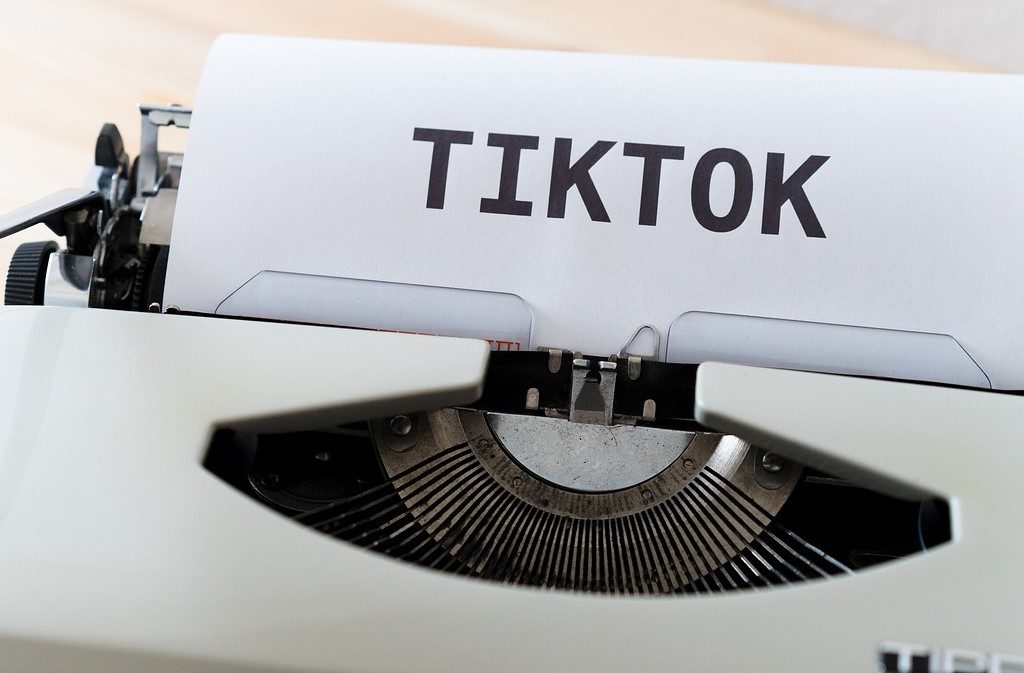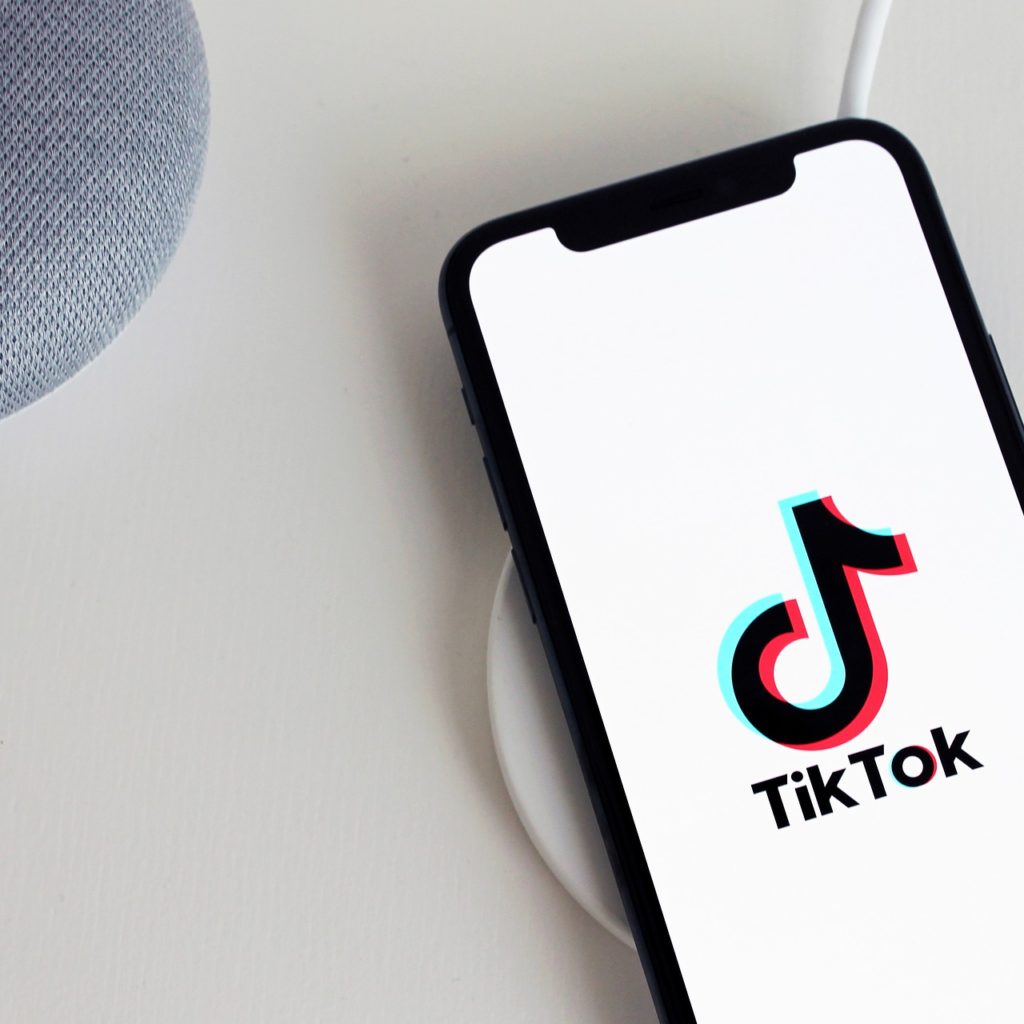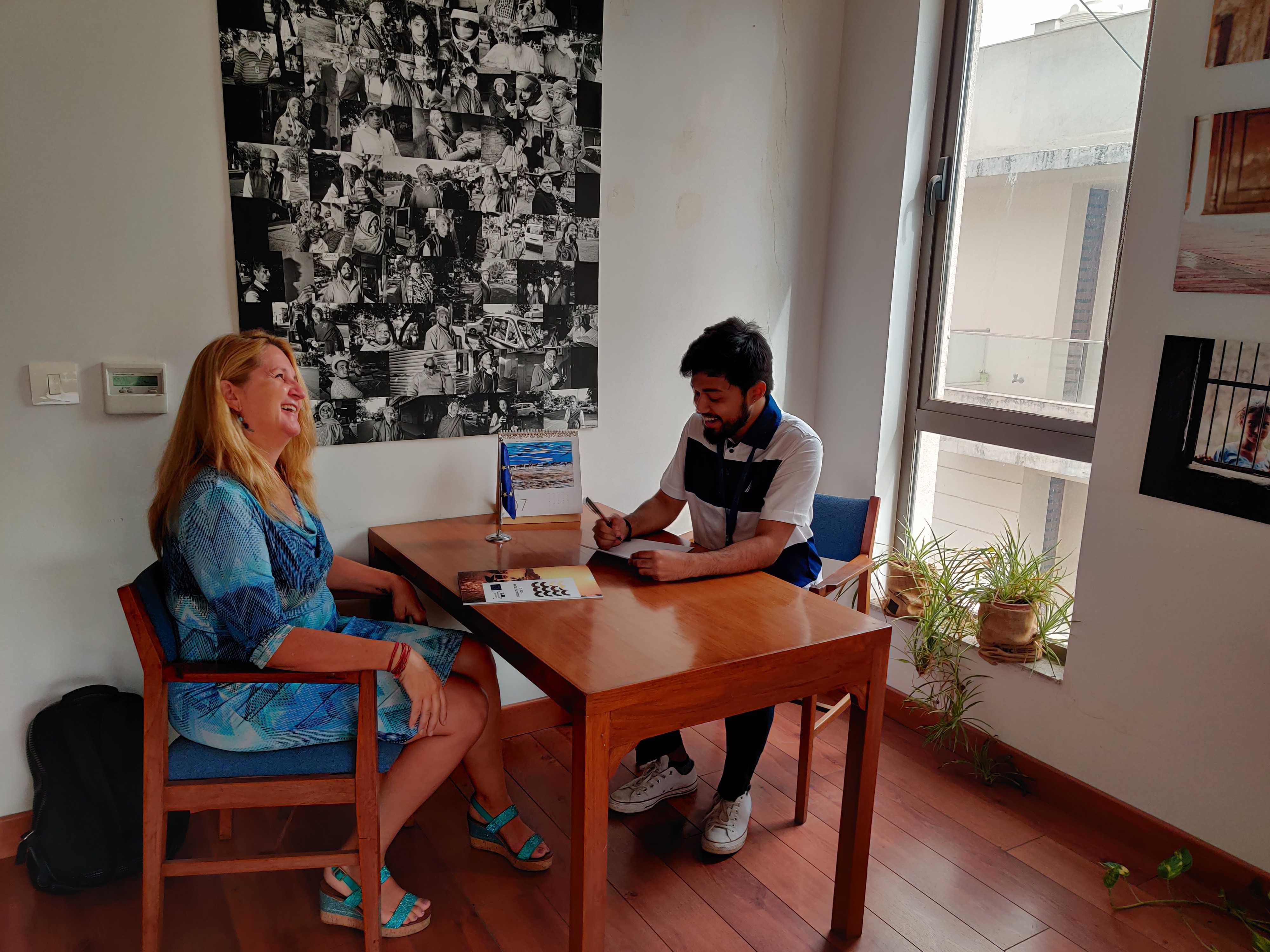TIK TOK Ban – Privacy, Truth and more
By Tanya Mittal

On June 29th, 2020, our Government banned over fifty Chinese apps including TikTok, We-Chat, Shein and BeautyPlus amidst many others. TikTok was highly popular amongst youngsters and had amassed more than 200 million users in India itself. The reasons cited for the ban were “threat to sovereignty and integrity” of the nation. These apps were said to misuse and transfer user data of Indians to outsiders. News about deleting the apps in retaliation to the Indo-Chinese clash where twenty Indian soldiers lost their lives spread like wildfire. At the same time, banning TikTok affected thousands of local content creators in the country as the app generated a source of livelihood for many users from different socioeconomic backgrounds. Before this became a security issue, the anti-China sentiment was on an all-time high with people destroying Chinese brand televisions, boycotting Chinese restaurants, and burning effigies of Chinese President Xi Jinping. This ‘swadeshi’ purge highlights larger trends of using public policy for political ends known as techno-politics and the rising techno-nationalism in India.
In recent weeks, we have seen reports emerge suggesting that TikTok was “Chinese spyware” alleging that the app stole data from users’ devices and sent it to China. Although there is no official statement corroborating this news, what we see around us is that digital along with real borders are being hurriedly drawn. This ‘15 second to fame’ app garnered interest amongst millions of bored kids who became influencers and flocked towards the platform without much knowledge about their online data risks.
Cyberspace is not dependable anymore and very tricky. While data nationalism and ‘Make in India’ measures may prevent foreign governments from causing social turmoil, the concern now is the vulnerability of citizens to digital authoritarianism by domestic governments.
We live in a world that is constructed by our visions of what we portray to other people. We have various truths about ourselves that we hold up to others and try our best to not let the embarrassing information come out. We live in a society where having an image has become more and more important; where the data we provide to the outside world has become extra valuable than before. People have armoured their data to put forth their best possible versions online and hide their truths. This situation is like a trade-off between the government and its citizens, in terms that you need to trade off your privacy in return for some security and safety from the government.

A simple analogy would be that your house door doesn’t hold against an army or soldiers simply because it is not designed that way. It is designed to prevent a local burglar or kidnapper. But how are we still safe from them? This is because we install domes of protection, we pay locksmiths for better locking systems, we pay taxes to the government and security forces to eventually protect us. But suddenly in today’s world, all these domes seem to have collapsed.
Today, it is possible for anyone to directly go ahead and attack our laptops and devices. Breaching online privacy is easy and low-cost because computer programs do not cost much to copy. Some of us give importance to securing our data online, but largely the population of this country remains unaware about their cyber laws and therefore, becomes more endangered. As the devices keep increasing in our pockets, the consequent data generated also increases.
In our Constitution, data theft and cyber crimes fall outside the purview of various specific laws. People hardly read through privacy policies anymore and do not know what they are consenting to at most times. With every app installation, users are asked to give permissions to the app to access their private information like pictures, contact lists and so on, but how many of us truly know what we are saying ‘yes’ to?
In this age of techno-politics, the internet is increasingly becoming a contested terrain used for divergent propaganda. Online spies have advanced and terrorist groups are now heavily using the Internet and websites to promote themselves. According to the Times, experts are still unclear “whether the ability to communicate online worldwide is prompting an increase or a decrease in terrorist acts”. Several political organizations are getting involved in cyber wars as adjuncts.
So can this be called a new era of techno- nationalism? Can banning of fun apps particularly during the lockdown be seen as a possible diversion from resolving internal issues such as lay-offs and COVID-19 deaths ravaging the economy? Will Indian alternatives like Roposo generate interest amongst users? It is only a matter of time before the truth unfolds.


